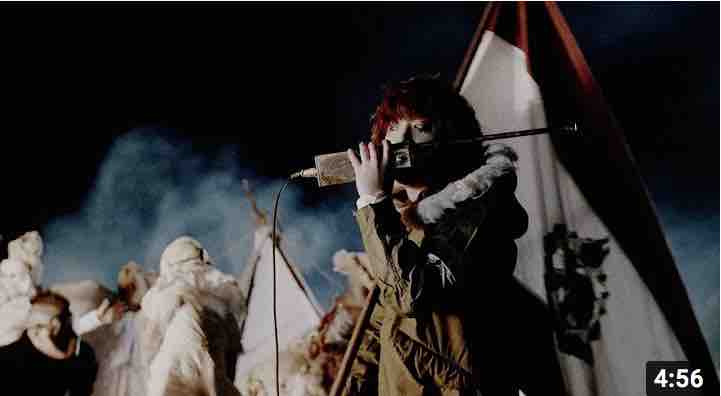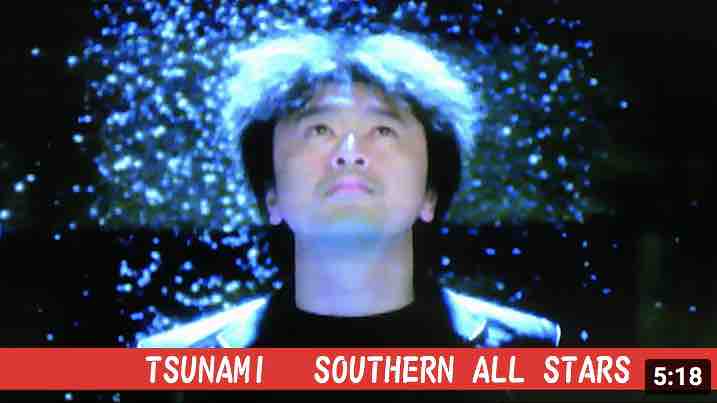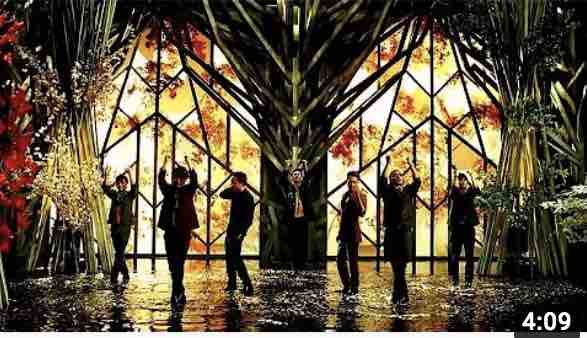Music generation based on style conversion
There are various styles in music such as classical music, jazz, and J-pop. Music style conversion is a technique to generate a musical piece in a target style by using the syntax structure of a reference piece. In this way, we can automatically generate a variety of musical pieces in various styles, with different combinations of a reference piece and a target music style. Moreover, it enables us to generate high-quality musical pieces that hold structures found in human-created music such as repetitions and contrast.Style variations on Ode to Joy
Examples of style conversions based on Beethoven's Ode to Joy
Style conversion examples using musical score data
The following examples are automatically generated using manual transcriptions of reference pieces.Dragon Night by SEKAI NO OWARI
Melody transcription of the reference
Piece in J-pop style
Piece in J-pop version (no. 2)
Piece in pentatonic scale style
Piece in enka style
Piece in jazz style
Piece in classical music (minor mode) style
TSUNAMI by Southern All Stars
Melody transcription of the reference
Piece in pentatonic scale style
Piece in Okinawa music style
Piece in enka style
Family Party by Kyary Pamyu Pamyu
C.O.S.M.O.S. by Sandaime J Soul Brothers
Melody transcription of the reference
Piece in pentatonic scale style
Piece in enka style
Piece in J-pop style
Piece in J-pop style (no. 2)
References
Please see the following papers on the principle of automatic style conversion and technical details.- Eita Nakamura, Kentaro Shibata, Ryo Nishikimi, Kazuyoshi Yoshii
Unsupervised Melody Style Conversion
Proc. 44th IEEE International Conference on Acoustics, Speech and Signal Processing (ICASSP), pp. 196-200, May 2019. - Ryo Nishikimi, Eita Nakamura, Masataka Goto, Katsutoshi Itoyama, Kazuyoshi Yoshii
Scale- and Rhythm-Aware Musical Note Estimation for Vocal F0 Trajectories Based on a Semi-Tatum-Synchronous Hierarchical Hidden Semi-Markov Model
Proc. 18th International Society for Music Information Retrieval Conference (ISMIR), pp. 376-382, 2017.
Contact
If you are interested in technical details and applications, please contact me:
Eita Nakamura eita.nakamura[at]i.kyoto-u.ac[dot]jp
Speech and Audio Processing Group, Graduate School of Informatics, Kyoto University
Speech and Audio Processing Group, Graduate School of Informatics, Kyoto University




